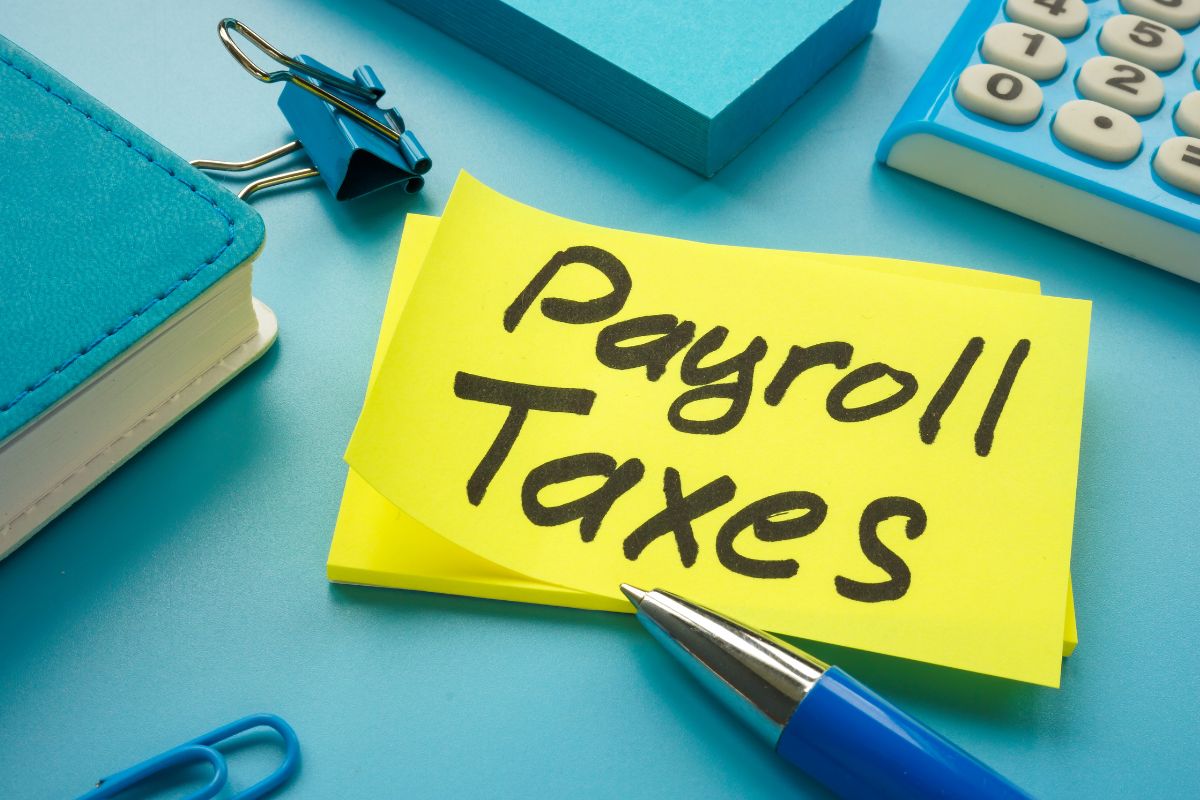A recent decision in the NSW Court of Appeal considered whether a Health Care provider which contracted medical practitioners to practise at their centres should pay tax according to the Payroll Tax Act 2007 (NSW).
Thomas and Naaz Pty Ltd v Chief Commissioner of State Revenue [2023] NSWCA 40 has put many health care practices on notice as to their current engagement terms with medical professionals and clarified the current approach by Revenue NSW in its review of medical centres which operate under similar models.
Dr Thomas and Ms Naaz were directors of a company which operated three medical centres. Other doctors entered into service agreements with the company which provided rooms to them, including shared administrative and medical support services.
The other relevant part of the agreements was the operation of the Medicare claims system which the taxpayer made on behalf of most of the medical practitioners. Administrative staff employed by the medical centres would record and reconcile all Medicare benefits received for the doctor and would then pay 70% of those amounts to the doctor, with the remaining 30% retained by the centre .
The question then arose, were the payments from Medicare to the account of the company, and then attributed to the relevant practitioner, taxable wages according to the Act?
The Chief Commissioner considered the 70% paid back to the medical practitioners by the company contributed to taxable wages. Therefore, it considered Division 7 Part 2 of the Act applied.
Importantly, where the medical practitioners who administered their own claims directly and did not participate in the administrative arrangement with the company, the Chief Commissioner did not consider the amounts as taxable wages. Rather, their 30% remittance to the Company was not included in the calculation of assessable wages.
What is Payroll tax?
The Act will generally apply to any business, employer or entity who pays a total aggregate amount of $1,200,000.00 per annum to its employees (the payroll tax threshold). Under Division 7 of the Act, this will extend to a business, employer or entity who meets the payroll tax threshold and has ‘relevant contracts’ with a contractor, provided the relevant contract does not qualify for an exemption.
As of 1 July 2022, the payroll tax rate is 5.45%. it had previously been reduced to support businesses during the COVID-19 Pandemic.
Case Law Changes
Decisions in other jurisdictions such as Victoria, also characterise the broader interpretation which Revenue NSW has also followed. In Commissioner of State Revenue v The Optical Superstore [2019] VSCA 197, the Victorian Court of Appeal deemed the nature of the engagement of optometrists by the Optical Superstore were relevant contracts and therefore the fees paid to the optometrists were caught by the relevant act in Victoria.
Effect of Thomas and Exemptions
As a result of Thomas, service agreements will be deemed ‘relevant contracts’ under the Act where the services provided by medical practitioners are an essential element of the service provider’s business (i.e. the medical practitioners).
Consequently, businesses who meet the payroll tax threshold and engage medical practitioners in a similar capacity to Thomas, will be liable to pay the payroll tax rate on the fees paid to the medical practitioners.
However, this will only apply to ‘relevant contracts’ which are not subject to the exemptions under the Act. These exemptions include, but are not limited to:
- where the services received by the service provider are not ordinarily required by the service provider;
- where the services received by the service provider are required for less than 180 days in a financial year;
- where the services are provided by the practitioner for less than 90 days in total in a financial year; or
- the Chief Commissioner is satisfied that those services are performed by a person who ordinarily performs services of that kind to the public generally in that financial year.
Accordingly, unless you are able to establish that the relevant service agreements satisfy one of these exemptions, if you meet the payroll tax threshold, the fees payable under the relevant service agreements will be subject to payroll tax at 5.45%. Had all the doctors in the practice performed their own administrative duties, the practice would not have been liable to pay payroll tax.
If you would like to know more about the new changes to payroll tax liability or have any commercial or employment related questions, please contact our Commercial and Employment Team on (02) 4927 2900.
